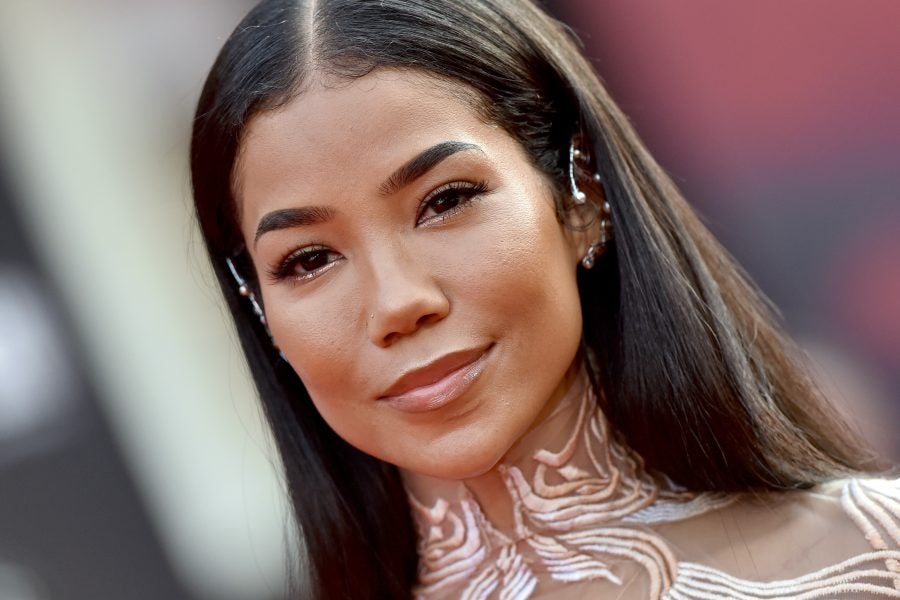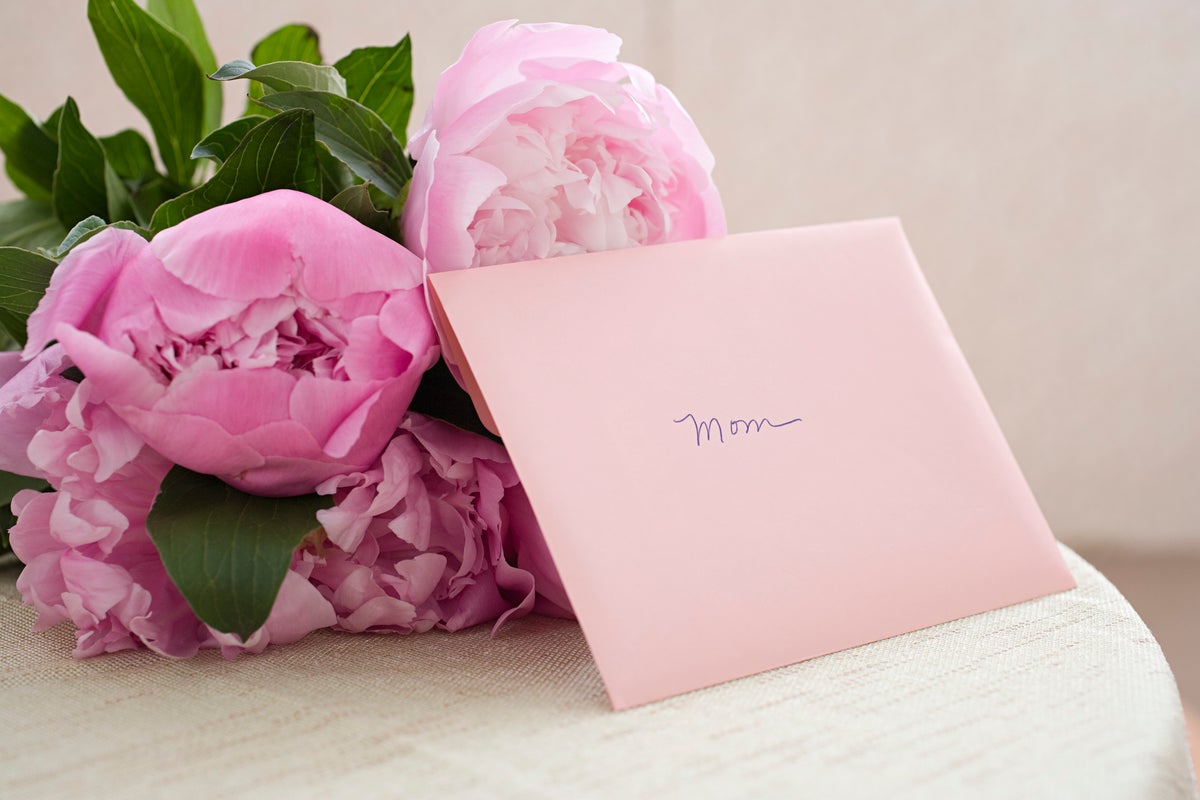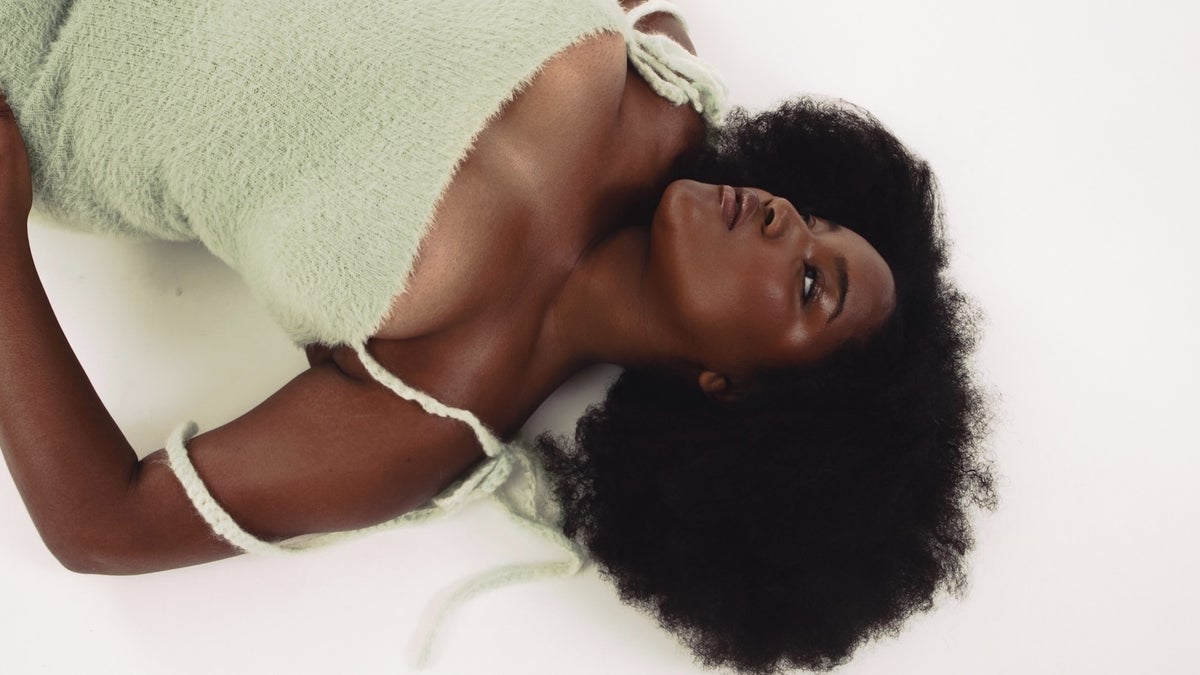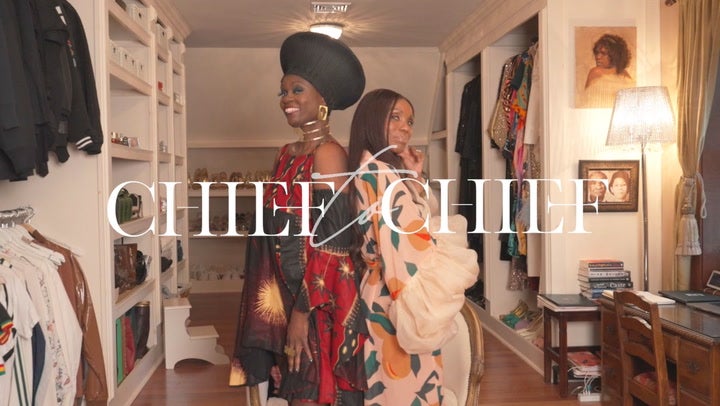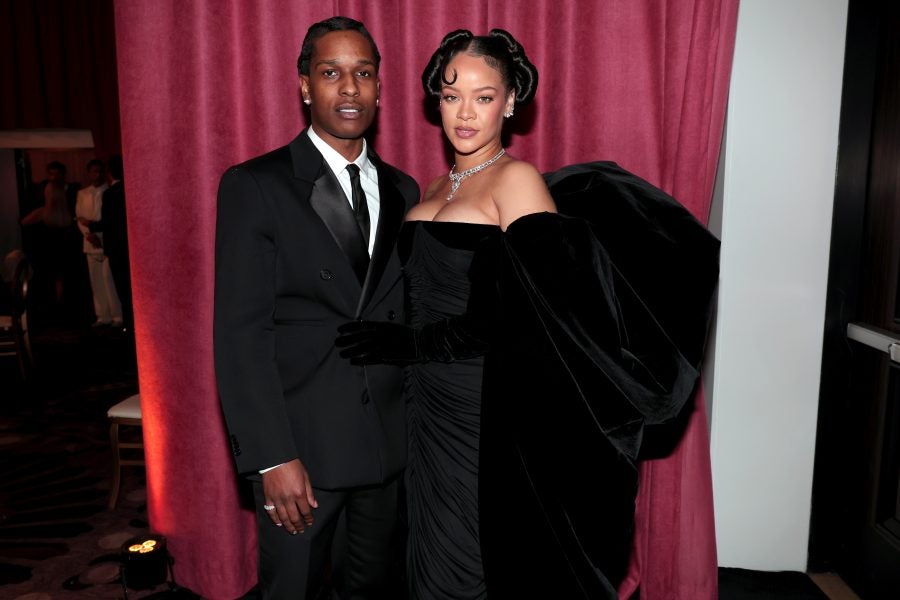
Who would’ve thought Rihanna‘s British Vogue cover featuring her beautiful son and partner would launch a tirade of Twitter debates about the hidden agenda to destroy Black love and Black families? Contrary to belief of the small percentage of ranters, Black love is forever evolving and expanding. The more significant issue seems to be surrounding the positioning of the couple, with Rihanna in the front and ASAP Rocky, captured holding their son, behind her. The imagery of a Black woman at the forefront seemingly contradicts the assumed makeup of what a Black family should look like. Because to some, the image of Black love is heteronormative, featuring dominant masculinity coupled with the softness and submissiveness of a Black woman beside or behind a man. This image is fiercely protected and reified through religious teachings (i.e., the man is the head of the household), relationship goals featuring “Every Martin needs a Coretta” type slogans, and the never-ending podcasts that promote alpha male behavior, aka, toxic masculinity.
If at any point you were raised in a Black household or visited a Black church or salon, you probably didn’t have to look far to find artwork, figurines, or magazine covers that had at least one portrayal of Black love consistent with a man in the front and his woman behind him, or if they’re being spicy, next to him. These depictions have widely been accepted as a collective norm of the expectations of Black love. However, through the years, the dynamics of it have expanded to include all types of relationship dynamics that don’t follow the traditional portrayal of this type of love.
At first glance, I took in the beauty of Rihanna’s cover and basked in the fact that, for once, ASAP’s position was in the foreground, which made sense as this feature was about Rihanna and her family. Taking it a step further, the way some could interpret this image is ASAP is in position as a supportive partner and father instead of overshadowing her. My group chats exploded with a flurry of responses from millennial-aged Black women who appreciated seeing a Black man holding it down for his woman as she beamed radiantly while, at the time unknowingly, carrying her second child. We all smiled via emojis and sent voice notes about how this is real relationship goals and how RiRi is out here giving “strong enough to bear the children, then get back to business” vibes.
However, on the other end of the internet, this image prompted a stream of feedback about the emasculation of Black men in relationships, even going so far as to question whether ASAP is a “simp” once videos of him proudly recording Rihanna during her Halftime performance at The Big Game appeared on our timelines. The righteousness in which such commentary was delivered makes me question why Black men who outwardly support their partners in a loving fashion find their masculinity questioned? When did men loving and supporting their women become “simp” behavior? Who decided that Black love can and should only fit one mold?
I’ve seen online commentary surrounding Black men not being emotionally available, who find it challenging to show and express their emotions. I’ve seen it play out in issues that couples experience when they show up to our therapy sessions. So why is there still pushback? Too often, couples I have worked with struggled to define roles in their relationship that corresponded with their values because they were trying to fit the mold of traditional gender roles and stereotypes. And it sucks to witness how societal standards are deteriorating a couple’s ability to decide how they want to live and love freely.
Rihanna’s British Vogue cover highlights the lived experience of some Black women who professionally outperform their partners. Their households don’t subscribe to typical gender roles, with the male partner being the sole provider and the female partner being the sole nurturer. The skewed mindset about what Black love is and looks like affects the perspectives of people looking for potential partners. With this clouded perspective, the dating criteria becomes more about a checklist that includes what should be instead of what could be as people search to attain this “ideal” of what Black love is.
To transition from the fixed and rigid perception of Black love, we must redefine what it can be rather than what people say it should be. Rihanna’s cover shoot was about her and the love she is sharing with her partner and children. It was her time to speak about the nuances and changes in her life. Let’s focus on the fact that she is partnered with someone who supports her and her endeavors and not who is positioned where.
I hope couples can reach a point where they do whatever is best for them. By doing so, they understand that that is the quintessential power of Black love. It’s having the freedom to honor their needs and prioritize each other over nonsensical standards.
Beverley Andre is a licensed marriage and family therapist. Follow her at beverlyandre.com.

